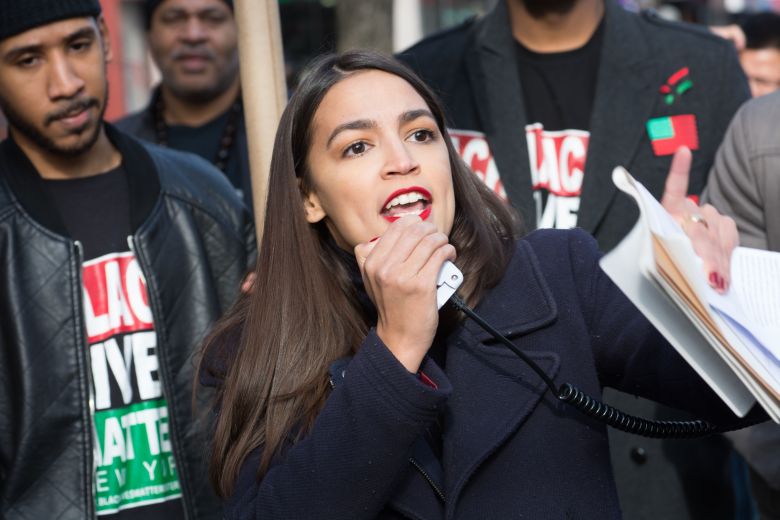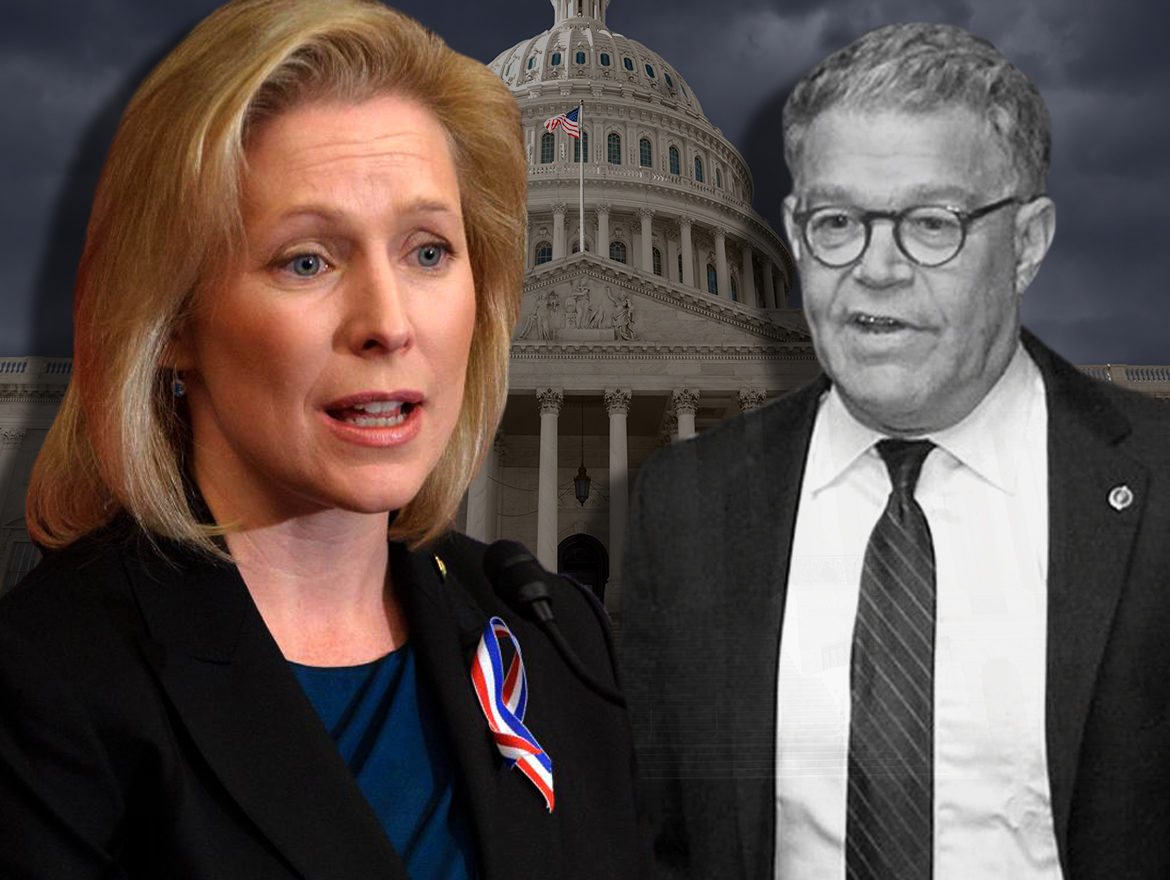At every level of government, 2018 is experiencing a surge in political outsiders and newcomers running for office. The moment is also notable for the diversity of candidates running. Particularly among Democratic candidates, there has been an increase in diversity of gender, ethnicity, race, age, sexual orientation, and religion.
Political outsiders are not only challenging well-heeled candidates with larger war chests and the support of elite institutions, they’re winning in primaries across the country.
For years, advocates of greater campaign finance regulation have insisted that these outcomes are impossible without placing a bevy of new limits and rules on the ways in which candidates are allowed to fund and organize their campaigns.
But the candidates mentioned above have been successful without these restrictions. They simply won over voters with their message.
In the much-talked-about defeat of 10-term incumbent Joe Crowley by 28-year-old Democratic Socialist Alexandria Ocasio-Cortez, Crowley outspent Ocasio-Cortez by more than 16 to 1. As Ocasio-Cortez said in a campaign video, “We’ve got people, they’ve got money.”
In fact, a candidate who is able to persuade more people to vote for her will defeat a candidate who spends more money 100% of the time. If you just thought, “well, duh” after reading that sentence, you’re not alone. But this simple fact is often lost on those who seem to believe a victory such as Ocasio-Cortez’s is impossible without more regulation of political speech.
While money doesn’t buy elections, spending money is still essential for candidates to promote their messages to voters. Indeed, the ability to spend money on speech is even more essential for newcomers and outsiders, such as Ocasio-Cortez. Prior to the campaign, almost every voter in New York’s 14th Congressional District had heard of Joe Crowley. Far fewer had heard of Alexandria Ocasio-Cortez. Voters never would have heard her message if her campaign had not spent some cash of its own.
Notably, Ocasio-Cortez relied on individual donations and was one of a number of Democratic candidates who publicly rejected corporate PAC money. But is that a reason to mandate that every candidate run her campaign in the same way? Of course not. If candidates would like to associate with individuals employed by a corporation by accepting contributions from a corporate PAC, the First Amendment requires that they be able to do so. Voters can decide for themselves whether a candidate’s choice to do so is a significant factor at the ballot box.
Although Ocasio-Cortez’s accomplishments are significant, she isn’t the first trailblazer in recent memory. In November, Virginia voters elected Danica Roem, the first openly transgender state legislator in the nation. Virginia has no limits on contributions to state legislative candidates. As a political outsider, Roem was able to get her campaign off the ground with the help of significant donors within the national LGBTQ movement. One donor even gave more than 70 times the limit for federal candidates. Candidates (particularly newcomers and non-traditional candidates) should not be restricted from accepting financial support that will help them effectively reach voters and better compete with incumbents and establishment candidates.
The freedom to exercise First Amendment political rights has been essential to the success of social change movements in this country, particularly for those who have been relegated to the margins of society. The ability to spend money exercising those rights has enabled views originally far outside the mainstream to permeate the national discourse in ways that have had a profound effect on social and political progress in America. And associating with groups and supporters outside the party structure has enabled non-traditional candidates and ideas to have a meaningful impact.
As former Kansas Governor Kathleen Sebelius said in a New York Times article last month, “You can’t wait to be asked because a lot of guys won’t ask you. You have to crash the party and, if there’s an opening, go for it because a lot of the party organizations are run by the old boys.”
So, why hamper the ability of PACs, independent groups, or even wealthy individuals to support candidates that the “old boys” clubs would never support? In Nevada, for example, a female gubernatorial candidate was lifted into contention, in part, by millions of dollars in independent spending from EMILY’s List, after former Senator Harry Reid said she didn’t have a chance. Although she failed to secure the Party’s nomination, she secured 40% of the vote. Without the support of EMILY’s List – or if she had backed down after speaking with Senator Reid – it’s unlikely she would have secured the same strong showing.
If proponents of greater speech regulation are successful, they risk further stifling the ability of outsiders and non-traditional candidates to run for and win elected office. Those who believe that First Amendment-protected activities, such as associating with groups, raising funds, and spending money on political campaigns must be restricted for new ideas and candidates to have a chance should have some faith in the ability of voters to think for themselves. Let’s let candidates get their messages out and associate with other citizens however they choose. Voters will decide the rest.














